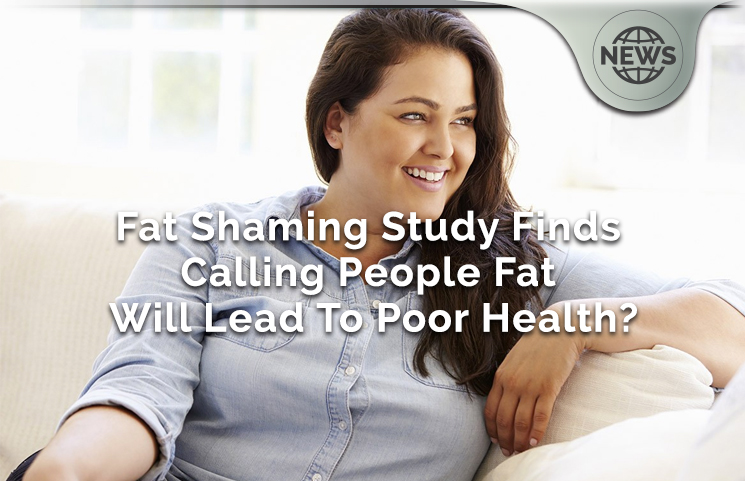A study recently released by the University of Pennsylvania demonstrates that “fat shaming” may actually have a negative effect on weight loss. Contrary to providing motivation, according to the study, shaming overweight individuals into losing weight increases their likelihood of suffering from a heart attack.
What Is Fat Shaming?
Fat shaming – defined as mocking an overweight person for their size- has commonly been thought of as a “harsh truth” that is intended to motivate overweight individuals into shedding excess pounds. Now, based on scientific evidence, experts advise that it can have serious health consequences.
The painful and often unwarranted health advice given to overweight individuals has the propensity to actually exacerbate their condition, causing comfort eating and increasing their likelihood of developing cardiovascular diseases.
Research Behind The Fat Shaming Study?
The team behind the study at Pennsylvania University is led by Rebecca Pearl, PhD, an assistant professor working in the department of psychiatry. Pearl and her team discovered that when overweight individual is subjected to fat shaming, they feel negative emotions that cause them to actively avoid exercise and contributes to negative behaviours such as compulsive eating. This process, in turn, causes an increased net calorie consumption that contributes to further weight gain, creating a cycle.
The study identified a clear link between markers of poor health, such as the diagnosis of metabolic syndrome, and the internalization of weight bias. The study identifies fat shaming or “body shaming” as a pervasive form of prejudice that can be found everywhere, from the iconoclastic critique of celebrity physiques to interactions between work colleagues. This prejudice causes overweight individuals to be stereotyped as lazy, responsible for their excessive weight, incompetent and of weak mental fortitude.
These stereotypes, according to Pearl’s study, are internalized by overweight individuals contributing to higher rates of stroke, diabetes and heart disease. The study examined 159 obese individuals and the effects of weight control medication on their BMI. As part of the trial, each participant was subjected to a number of questionnaires that measured emotional states and “weight bias internalization”.
At the conclusion of the trial, participants that were identified as possessing a negative self-impression of their size and appearance were three times more likely to suffer from metabolic syndrome, and twice as likely again to have a high blood fat concentration. Comments made by Tom Wadden, a co-author of the study, condemned the media, medical practitioners and the general public for contributing to fat shaming, advising that blame is not an effective tool for the treatment of obesity.
Final thoughts on The Fat Shaming Study
Conclusions drawn from the trial suggest that health care providers can help to prevent the negative effects of body shaming by discussing the weight problems of their patients with respect and sensitivity, as well as offering advice and support without judgment. While both Wadden and Pearl stated that further research is required to explore the biological responses that occur in overweight individuals that internalize negative self perception, the study is backed up by several previous clinical trials that demonstrate a link between physical and mental health.
A potential solution to this troubling issue presented by the research team is the dissemination of knowledge to both healthcare providers and the general public on the complex biological and environmental factors that cause weight gain and obesity, leading to greater understanding and sensitivity on the topic.









